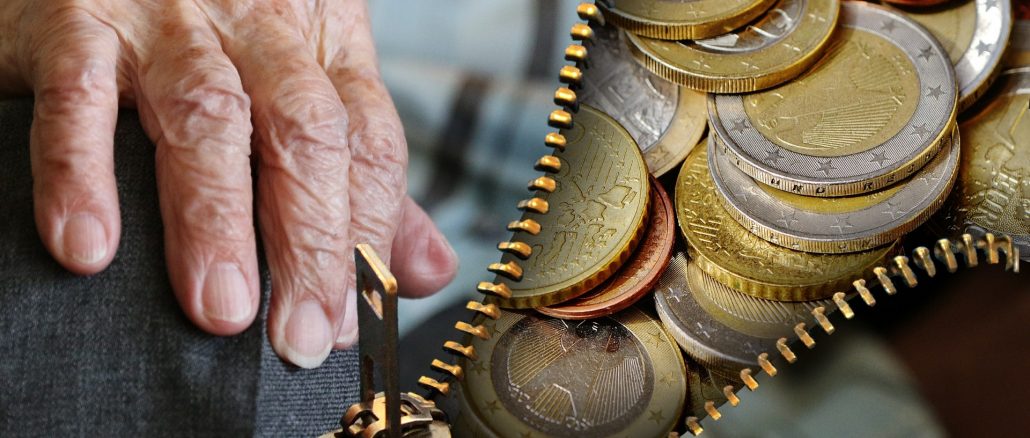
The decision by the coalition to halt the increase in the pension age will further constrain young people’s spending power.
Ireland is increasingly becoming a country for old people.
The boomer – 1964-65 – generation live in bliss while large sections of the millennial – 1980-95 – and an even larger portion of the zoomer generation – 1996-2006 – trudge and get by on measly wages that come nowhere near the extortionate rents, food prices and other costs.
Recently I reported, in this student publication, on a German student pursuing a master’s degree in DCU who is paying €300 more in rent in Dublin than he was in Germany.
This is the reality for many thousands of students in the supposedly sixth richest country in the world – when taking GDP per capita as a metric.
To make matters worse, the decision by the coalition parties to ignore the recommendations by the pensions commission crystallises whose interests the government truly represents – hint: it ain’t us.
In a recent announcement, the government eschewed increasing the pension age, and instead announced a higher pension for those who voluntarily retire at 70.
The Commission on Pensions was set up by the government to examine the hot-button electoral issue that helped propel Sinn Féin to the ascendancy of Irish politics during the last general election: the pension age.
The current age is 66, meaning the age by which people are entitled to a full state pension.
Given we are living much longer than our predecessors the pension age must keep up with our dwindling mortality as a species. Hence, why the commission was established.
The Commission concluded that the gradual increase in the pension age should be adhered to. By 2031 the age should stand at 67.
Keep in mind the average age of death in Ireland stands at 87 – an amazing feat for a country that has seen famine and mass emigration in the past.
That figure is only set to rise as medical interventions advance, and with Ireland listed as a global hub for the burgeoning pharmaceutical industry we’re bound to be first in line for any such developments.
Fianna Fáil, Fine Gael, and yes Sinn Féin have failed young people on this issue, the latter in particular: The party supports raising the pension age in Northern Ireland yet opposes doing so in the Republic.
When going through your next pay cheque, check under the section PRSI; this is the social contribution levy employees pay towards the Social Insurance Fund that funds pensions.
This levy is only set to increase as the ratio of older people exceeds that of younger people.
With the current birth rate at 1.7 per couple – 2.1 is the replacement level – there are bound to be way more older people than younger in the near future. This is a ticking time bomb waiting to burst.
Just look at Japan:
They are currently experiencing a fertility crisis and have one of the largest old-age dependency ratios – 50 per cent – in the OECD: in 2019, people aged over 65 made up 25 per cent of the population with that figure set to increase to one-third by 2050.
This has damaged both young and old people: old people cannot retire given there is no replacement and young people suffer from increasing tax burdens to subsidise older people’s pensions.
The Irish Fiscal Advisory Council (IFAC) recently warned that by refusing to gradually raise the pension age, the social insurance fund – currently in surplus – will face a deficit.
The only solution is to increase PRSI.
So while we toil and moil to pay rent, college fees and exorbitant alcoholic drinks in Nubar and beyond, adding to our woes is higher taxes to fund those who are well established and sitting comfortably in homes they own.
The youth have been let down yet again, no wonder 70 per cent of us want to leave.
Theo McDonald



